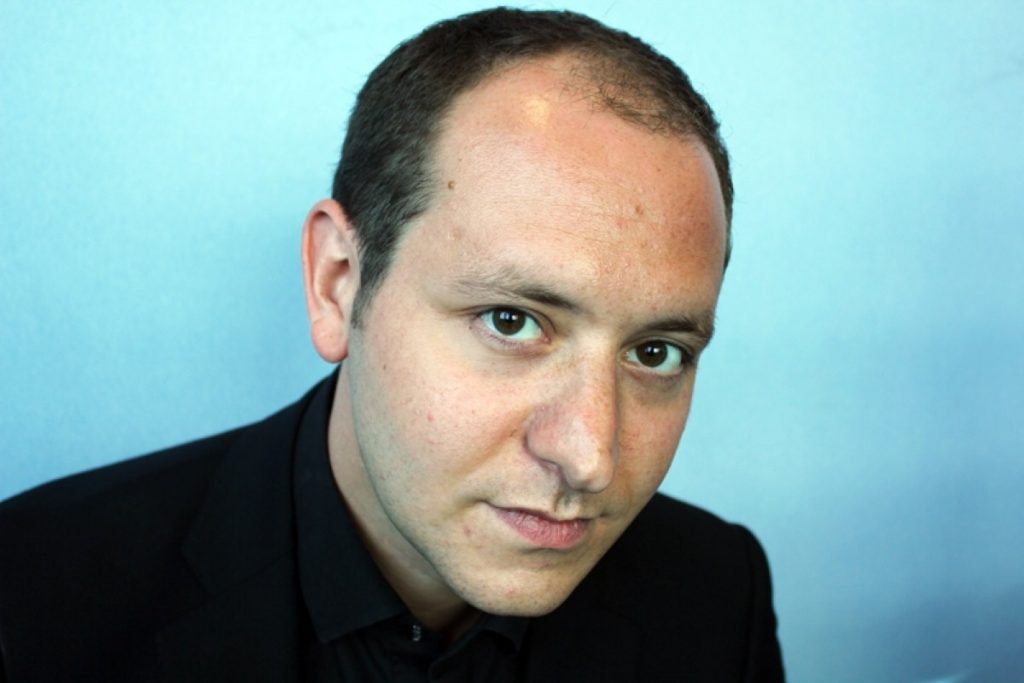Comment: The Olympics demonstrated the failure of profit
It's been a bit weird. Over the last two weeks, Britain was marvellously, uncharacteristically joyful. We were like a dad dancing at a wedding, who suddenly realises he's really good at it. No, that never happens. And this should never have happened either. For two weeks this country was distinctly un-ironic, un-snide, un-sarcastic. It was jubilant and euphoric and had a distinct sense of belonging and unity which few of us had seen before. It was weird. But it was very nice.
As we try to assess the how's and why's of a magical fortnight, it's worth paying particular attention to the role of profit and the private sector.
These forces are supposedly the key to a more modern, vibrant and happy country. But the Olympics offered a demonstration of an alternative idea.
The parable of profit's failure began before the Games, when G4S admitted it could not complete its contract for security. G4S is one of those companies merrily charging over the odds for services government used to do before we discovered how 'inefficient' it was. It was desperate for the contract, so its greed prompted it to pledge security personnel it could not provide. Because private firms are subject to less scrutiny (the clue is in the name), it was able to get away with it until the last minute.


Then, as its reputation took a hammer blow, it called in as many staff as it could. But its constant obsession with profit had led it to pay them a pittance. They had to buy their own uniforms and when they tried to find out if they were working they were forced to spend hours on call waiting. By the time G4S was in its hour of need, few of them felt any loyalty to the company.
Instead, the army and the police performed admirably. They were cheerful, efficient, practical and welcoming, despite being forced to work on a project they had not been warned of. There was no financial gain, either at a personal or an organisational level.
G4S' failures were mirrored in private broadcasters. Americans were driven mad by NBC's Olympics service. The channel with ownership of the event's rights stateside refused to show live broadcasts, preferring to keep events until prime time, when it could receive more advertising revenue. This forced its frustrated customers to read about events on Twitter they were prevented from seeing on their TVs. When they eventually were shown they were broken every few minutes or so for ad breaks.
When journalists criticised the decision they were targeted. Independent journalist Guy Adams, who took to the radio to condemn the late showings, had his Twitter account suspended – a by-product of the social media site's partnership with the broadcaster.
The publicly-owned BBC took a different approach: one based on service rather than profit. It offered an unparalleled 25 channels of coverage in addition to BBC1, BBC3 and BBC HD. It was shown live, with catch up services available in the evening. It was advert free. A revolutionary app and an easy-to-use web site completed the package. The tone of its coverage was a perfectly pitched mixture of patriotism and inclusivity which contributed to the sense of national togetherness. The BBC was part of the Olympics. The memory of John Inverdale fighting back tears when Zac Purchase and Mark Hunter lost out on gold stays in the memory, as does Denise Lewis jumping up and down and screaming as Mo Farah neared the finish line. The whole package cost £5.60 per licence fee payer.
Before the Games, the insane demands of corporate sponsors threatened to wreck Londoners' patience with the event. Talk of a Visa-only Olympic village and bans on Pepsi T-shirts led many of us to write off the Games as a corporate jolly paid for by taxpayers. After all, these sponsors account for pitifully little of the funding for the event.
In the village, the sponsors may have been more visible. But on TV, this has been a fortnight mercifully free of advertising. I have seen literally no adverts for two weeks. It has been liberating. The absence of a visible commercial aspect contributed to the sense that we were watching something purer, more valuable, than the usual frantic grasping for cash. Those moments that you found yourself crying uncontrollably were mercifully uninterrupted by a commercial break.
The weakness of the TV coverage was that we could not spend time with the thousands of volunteers at the village. They were praised by seemingly every single person who visited for their contagious, beaming approach to the event. Go to McDonalds, have a chat to the staff and see if profit is what makes people deliver good service or act joyfully.
The same could be said for the athletes. Of course, they receive freebies, sponsorship and funding. They are not saints. It is, ultimately, a job. But the tear-inducing, unfakeable joy and shock of their faces as they won gold smacked a nation out of complacency. It was the joy of personal accomplishment and winning for your country.
Remember the faces of Sophie Hosking and Katherine Copeland when they won gold in the women's lightweight double sculls, or the tears of countless athletes as they watched the Union Jack raised. Remember it the next time you see an interview with a professional footballers after a Premiership match. That's the difference of the profit motive.
We have been exposed to another way of doing things, a Britain where community and achievement replace profit and greed. We’d be fools to forget it.
The opinions in politics.co.uk's Comment and Analysis section are those of the author and are no reflection of the views of the website or its owners.

